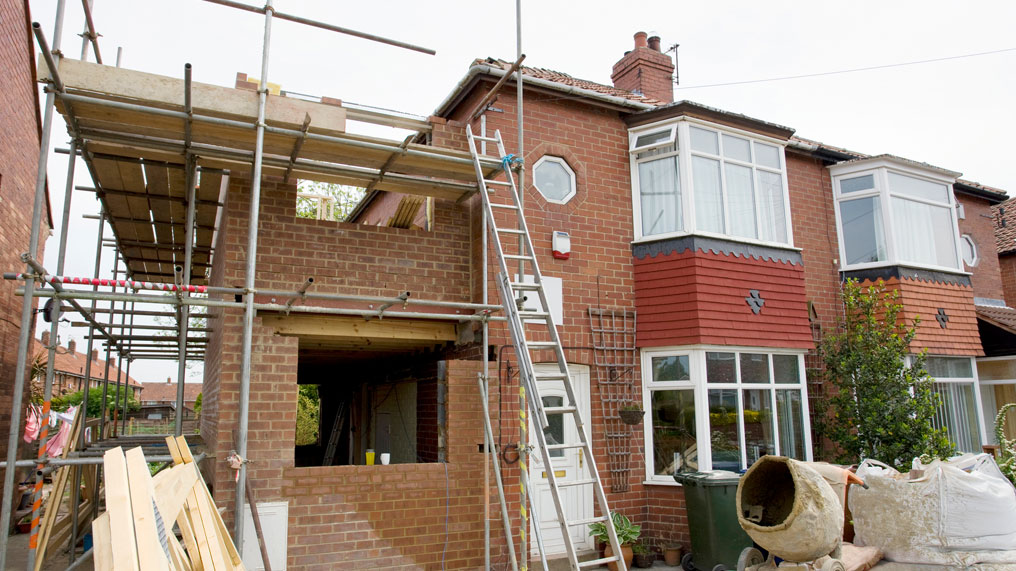These days, buying or renting with someone else is extremely common. In fact, for many of us, it’s the only way we can actually afford a home.
However, before you skip over the threshold together, it’s worth understanding all the financial and legal implications of sharing a property, as well some of the ground rules you’ll need to set.
Here are some of the things you should consider if you’re planning on buying or renting a property with another person.
If you’re renting a home with someone else
Renting a home together is always a good first step if you’re considering buying a property with a friend or partner later on.
Before moving in together, it’s a good idea to make a list of all your responsibilities. For example, who is going to sort out the household bills, and who is going to do the cleaning? These might sound like trivial things, but they can soon lead to arguments if you’re both expecting the other person to take charge.
You should also think carefully about how well suited you are as housemates. You might be the best of friends now, but if one of you is a party animal who heads home in the small hours every night, while the other prefers an early night with a mug of cocoa, you might not be the best of friends when living together.
Other points to consider include discussing whether you should ask each other before you invite friends to stay, and who is going to be responsible for buying the things that you’ll use jointly - such as washing powder, milk and bread.
Some flatmates pay a few pounds into a kitty each month to cover these costs, so even if the same person ends up buying them, they won’t always have to foot the bill themselves.
If you’re buying a home with someone else
Buying a property with someone else, whether it’s a friend, relative or partner is usually the biggest financial commitment you can make.
If you’re taking out a mortgage together, your starting point should be to work out how much you can each afford to put down as a deposit, and to make a note of your exact incomings and outgoings each month. Be honest with each other about whether you’ve had financial difficulties in the past, or if you’ve missed credit card or loan repayments, as this could mean lenders will refuse your mortgage application.
You’ll also need to think carefully about whether you want to own the property as joint tenants, or tenants in common. The latter means you will each own a specific share of its value. If you want to leave the property in the future, you can then give away, sell or mortgage your share.
If, however, you own your property as joint tenants, you and the person you’ve bought with will own the property jointly. That means you won’t be able re-mortgage or sell the property without the agreement of the other owner.
Work out how you will cover your expenses. Many people keep their own current accounts for individual spending, but also have a joint account for mortgage payments, insurance and other outgoings.
You’ll also need to have a chat about what happens if one of you wants out of the property at a later date - will you both agree to sell up, or might you be prepared to buy the other person out if you can afford to?
It might not be an easy conversation to have, but knowing where you both stand from the outset can make life more straightforward later on, particularly if you’ve put something down in writing.
For more tips on the matter, head to Advicenow where you can also download agreement templates to help make living together easier.




